By Jo Stevens, 2024 Environmental Justice Associate
As politicians, CEOs, and others strive to meet their goals for a fossil fuel-free economy and net-zero emissions, it is important to ensure that this transition is accomplished in a just manner, providing access and opportunity for all.
As most of us are aware, the effects of climate change have worsened during the past decade with a rising number of powerful storms, torrential floods, and forest fires. These events and the extensive damages that result threaten everyone but hit low-income populations the hardest. Although low-income communities especially in non-industrialized countries have contributed the least to the problem, they often are the most susceptible to climate change effects.
The transition away from fossil fuels presents an opportunity to change the equation. The answer? Ensuring an energy transition that benefits everyone but prioritizes the most vulnerable. A just and equitable energy transition compensates for past harm to affected communities and recommits wealthy nations to their obligations under the Paris Agreement to meet global climate goals.
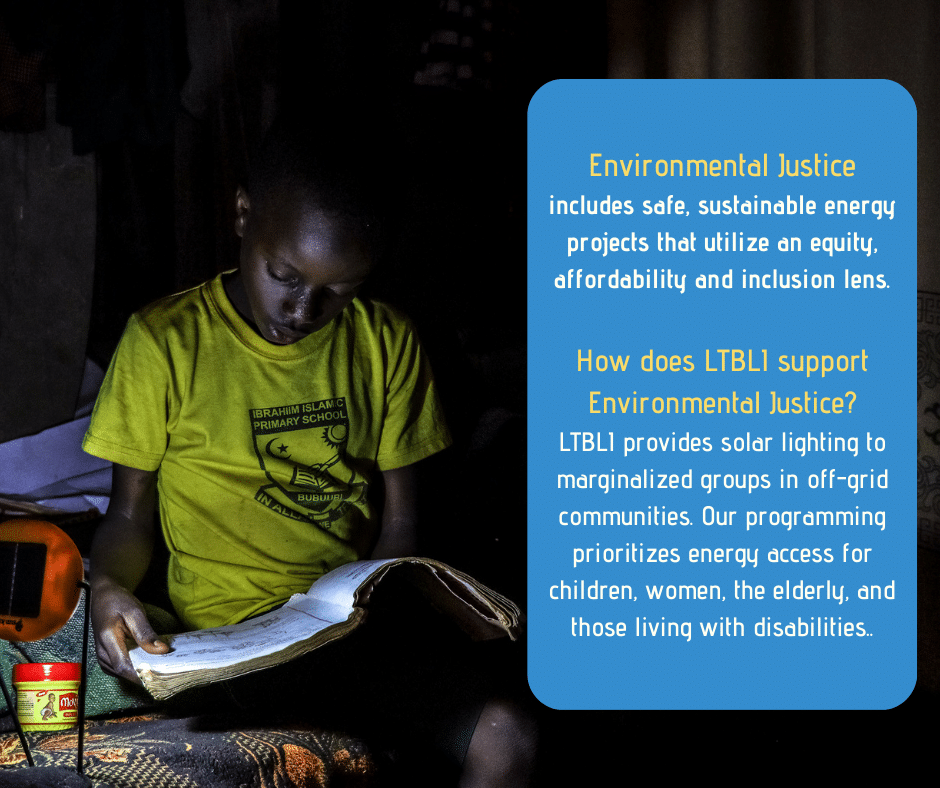
What is an equitable energy transition?
An equitable energy transition is a shift away from fossil fuel to systems dominated by renewable sources, where the processes and final products address both energy needs as well as justice and equity concerns. Justice in the energy transition means, in effect, applying a human rights lens throughout the energy supply, delivery, and access chains.
A just and equitable energy transition supports those with the greatest need and the highest barriers to access including issues of affordability gaps and lack of existing infrastructure. Today, many low-income communities and nations are struggling with extremely high rates of energy poverty, lagging infrastructure, and little or no safety-net programming. To achieve health, education, and development goals, they have an expanding need for safe energy but lack the financing necessary to secure it. These are often the very same communities and countries most affected by climate change.
Why should an equitable transition be prioritized?
Nearly 800 million people, mostly in sub-Saharan Africa, live without any access to electricity. To meet the global climate goals set by the UN, the energy transition must include everyone. However, approximately 1.6 billion people suffer from energy poverty, which is defined as a lack of reliable electricity access and/or a reliance on unimproved cookstoves. Most people living in energy poverty are dependent on nonrenewable, polluting energy sources such as coal, kerosene, diesel and biofuels. This dependence, which impacts nearly one-fourth of the world’s population, results in household air pollution that prematurely kills 3.2 million people a year, a majority of whom are women and children. Achieving net zero by 2050 will be impossible if one-fourth of the world’s population uses fossil and bio fuels as their primary energy sources. Without generous technology transfers and concessionary financing, hundreds of millions of people around the world are at risk of being left behind in the transition.
High-income individuals and industrialized nations, which are responsible for the most greenhouse gasses per capita through widespread fossil fuel use, must be willing to share their wealth and knowledge in order to slow climate change and benefit the entire global community. In a 2019 Oxfam report – the most current year for which there is comprehensive data – high-income countries produced 40% of global consumption-based CO2 emissions, while the contribution from low-income countries was a negligible 0.4%.
To right these wrongs, many argue that wealthy polluters should pay losses and damages to low-emitting countries which are now affected the most by severe climate change. From these payments, countries on the frontline of the climate crisis could develop adaptation and energy transition plans. The good news is that at the latest global climate meetings, COP28, a Loss and Damages Fund was created to address this inequity. However, as of this writing, the fund is severely underfunded at $700 million, a fraction of the needed funding.
LTBLI’s Commitment to Energy Equity:
At Let There Be Light International, we support Climate Action and an equitable energy transition through solar-electrifying frontline health clinics and providing solar lamps to impoverished individuals and families in off-grid Africa. Many rural energy-poor families continue to rely on kerosene and candles for lighting, impacting their safety, health, education, and economic outcomes. The African continent, which is home to nearly one-fifth of the world’s population, contributes less than 3 percent of the global energy-related carbon dioxide emissions. Despite how little the people on the African continent have contributed to our climate crisis, many communities are facing more severe impacts of climate change than the rest of the world.
To change this equation, we believe in holding those who contributed the most to our climate crisis accountable for past actions through future partnerships with low-resource communities.
Additionally, inclusive policy making, taxing wealthy polluters, and investing in low-income nations’ clean energy infrastructure are key steps to ensure a just and equitable energy transition. The world must transition to clean energy for the survival of us all. If done equitably, the energy transition can not only make the world a safer, cleaner space but a more just one too.
Sources:
Akbari, Asghar, et al. “Rural and residential microgrids: concepts, status quo, model, and application.” Residential Microgrids and Rural Electrifications. Academic Press, 2022. 131-161.
Khalfan, Ashfaq, et al. “Climate equality:- A PLANET FOR THE 99%.” 2023.
Ogunbiyi, Damilola. “DELIVERING A JUST AND EQUITABLE ENERGY TRANSITION.” Journal of International Affairs, vol. 75, no. 1, 2022, pp. 121–30. JSTOR, https://www.jstor.org/stable/27203123. Accessed 5 Feb. 2024.
World Health Organization. (n.d.). 10 things to know about air pollution. https://www.who.int/news-room/spotlight/how-air-pollution-is-destroying-our-health/10-things-to-know-about-air-pollution

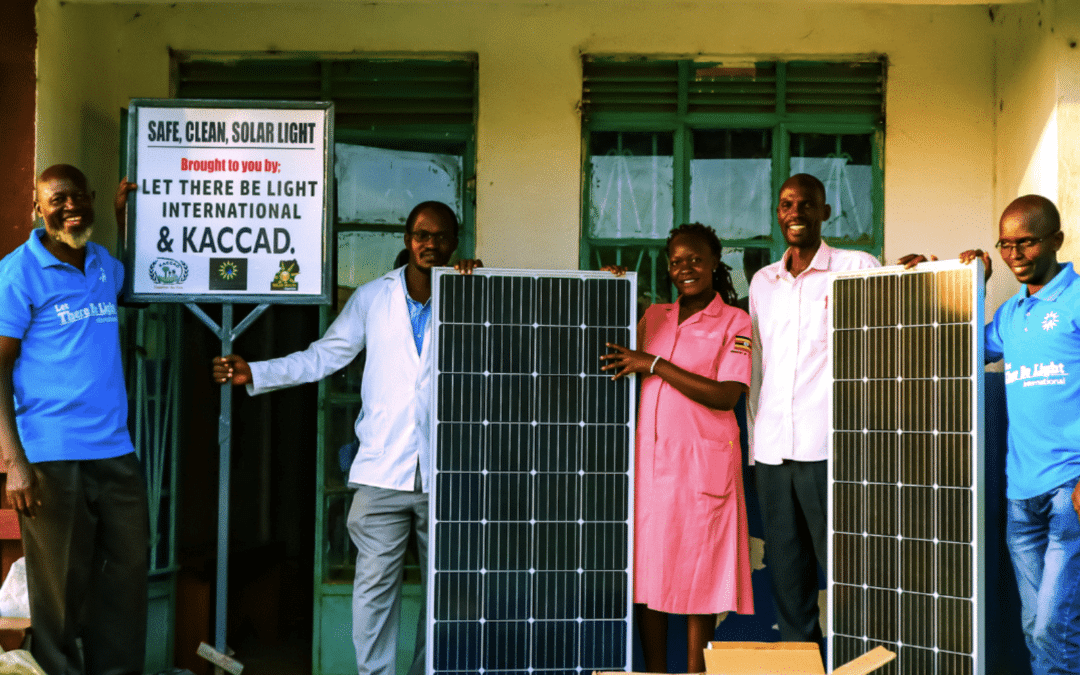

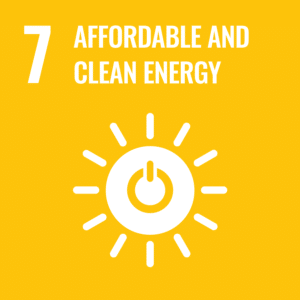

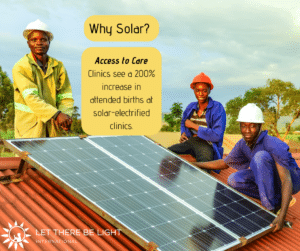
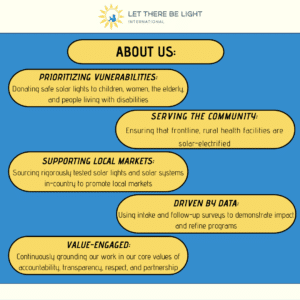
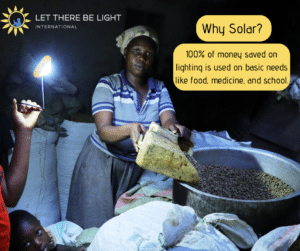
Recent Comments